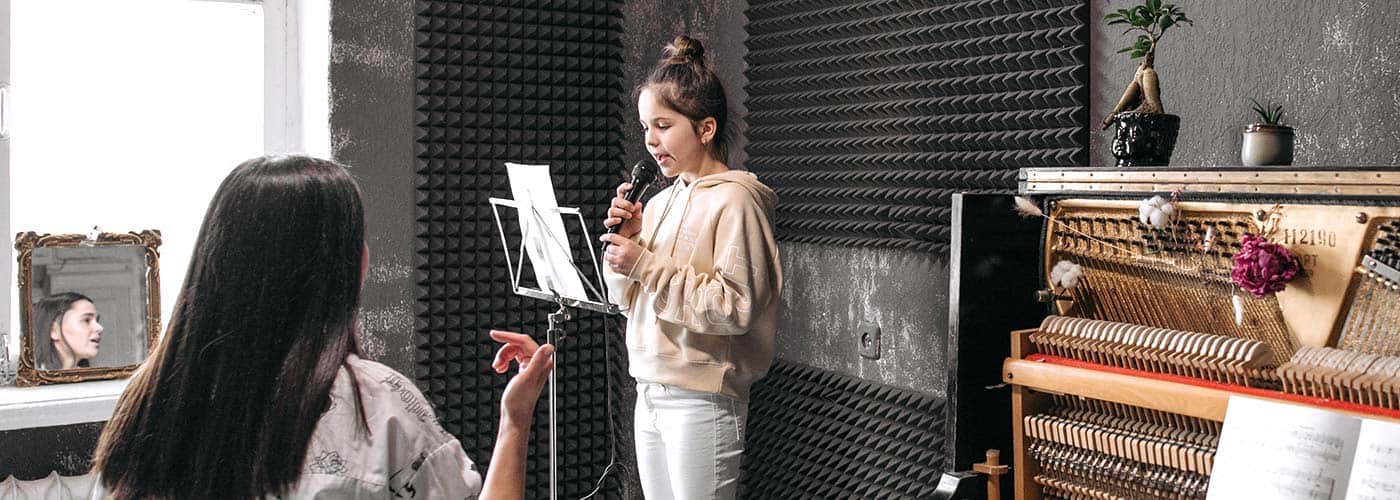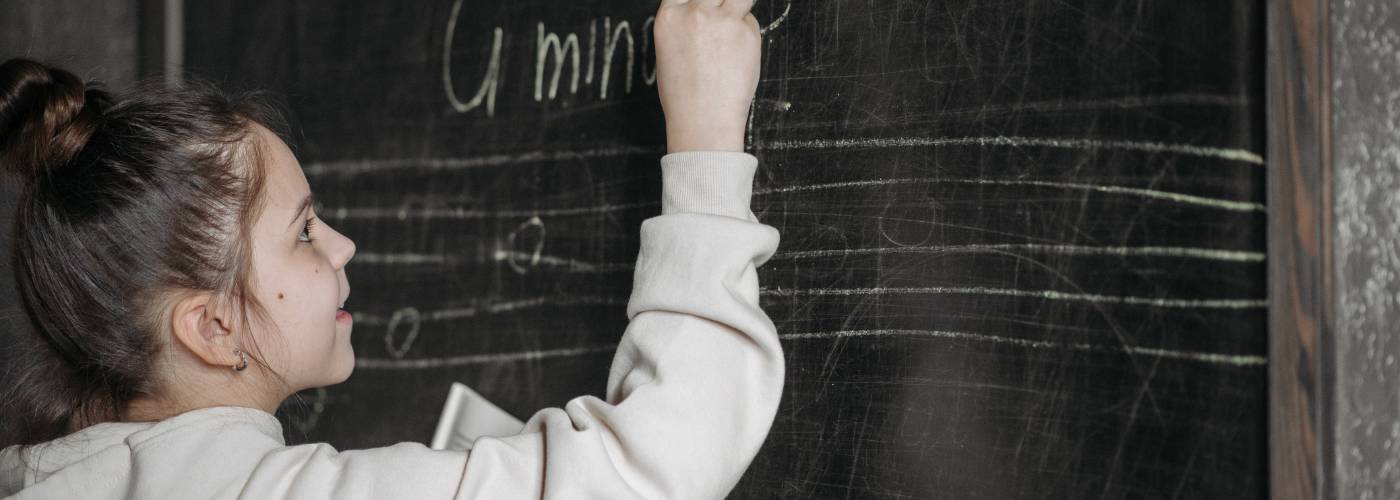The concept of perfect pitch has been the topic of much debate among music educators for decades. Perfect pitch, or absolute pitch, refers to the ability to recognize and name a given musical note without the aid of another reference tone. For many aspiring musicians, perfect pitch is viewed as an essential building block for learning any instrument. However, is perfect pitch important for music lessons?
What Is Perfect Pitch?
Perfect pitch, also known as absolute pitch, is a rare and remarkable musical ability that only a small number of people possess. It means the ability to recognize or reproduce any given musical note without having any external reference point.
People with perfect pitch can listen to a piece of music and immediately identify each individual note being played, even though they may not know the song itself.
Having perfect pitch is often seen as an advantage in music lessons and music-related activities such as singing, transcribing tunes by ear, and playing numerous instruments. Perfectly pitched notes allow musicians to quickly master new material and create original compositions more easily.
It can also be invaluable for vocalists who want to stay on key while singing complex harmonies or difficult melodies. Perfect pitch essentially allows musicians to make use of their full melodic potential without having to rely on external references like sheet music or tuning devices.
Can You Learn Perfect Pitch?
Do you have an ear for music? If so, you may be wondering if perfect pitch is something that can be learned. Perfect pitch, also known as absolute pitch, is the ability to identify and recreate musical notes without any reference tone. It’s a rare ability possessed by only a few musicians and composers.
Though it has long been thought that perfect pitch was something only born with, recent studies suggest otherwise. Scientists have found that anyone can learn to recognize pitches accurately with structured practice over time. With the right instruction, even those who don’t already possess the skill can learn to identify different notes with ease.
By understanding what perfect pitch is and how it works, more people are beginning to explore this fascinating field of study and uncover its potential benefits in music education.
One way to practice identifying notes is through piano lessons. During a lesson a piano teacher plays a note and the student must be able to identify the note being played.
Is Perfect Pitch Necessary?
Perfect pitch, otherwise known as absolute pitch, is the ability to name any note without reference to a given key. It has long been viewed as an essential skill for musicians, composers and producers. However, there have been debates about whether perfect pitch is necessary for success in music.
On one hand, some people believe that having perfect pitch gives musicians a competitive edge in their work. Perfectly pitched notes allow them to compose more accurately and quickly than those who don’t have such acute hearing capabilities. Furthermore, it can help artists stand out from the crowd by being able to recognize specific sounds or words with pinpoint accuracy.
On the other hand, many renowned musicians and music producers have achieved fame and success despite lacking perfect pitch. Although the ability to recognize tone is a helpful skill, it doesn’t always guarantee success in the music industry. For example, some musicians have learned to improvise and compose their own music instead of relying on perfect pitch.
Are You Born With Perfect Pitch?
Are you born with perfect pitch? It’s a question that has plagued musicians and musical enthusiasts alike. Perfect pitch, also known as absolute pitch, is an ability to identify musical notes without any external reference.
Many believe it is an innate talent that can’t be taught or learned. But is it something we’re born with or can anyone learn to have perfect pitch?
Recent studies suggest the idea of being born with perfect pitch is true, although rare. While some people certainly have better relative pitch than others, research shows this skill can be acquired through training and practice.
Additionally, while many people are not aware they possess perfect pitch until later in life, studies indicate that if introduced at a young age children could potentially develop the skill more easily than adults. Furthermore, evidence suggests children who study music from an early age increase their chances of acquiring this rare skill greatly.




Continue Reading
Creative Ways to Encourage Practice at Home for Young Musicians
Have you ever watched a child lose interest in their instrument after just a few
Jul
Top Breath Control Exercises For Singers
Have you ever noticed how some singers seem to effortlessly hold long notes while others
Jun
How Does The Suzuki Piano Method Work?
Have you ever wondered why some children seem to pick up music so effortlessly? The
May